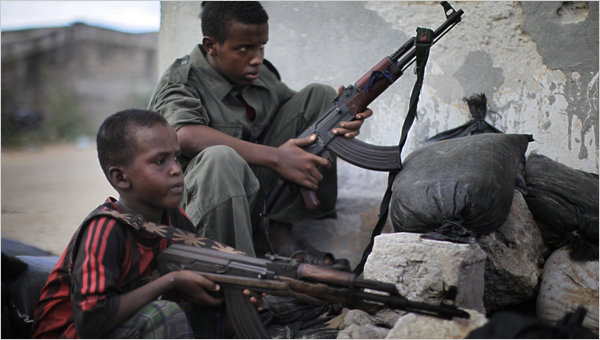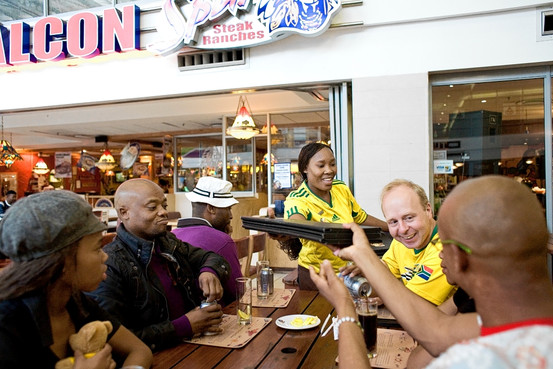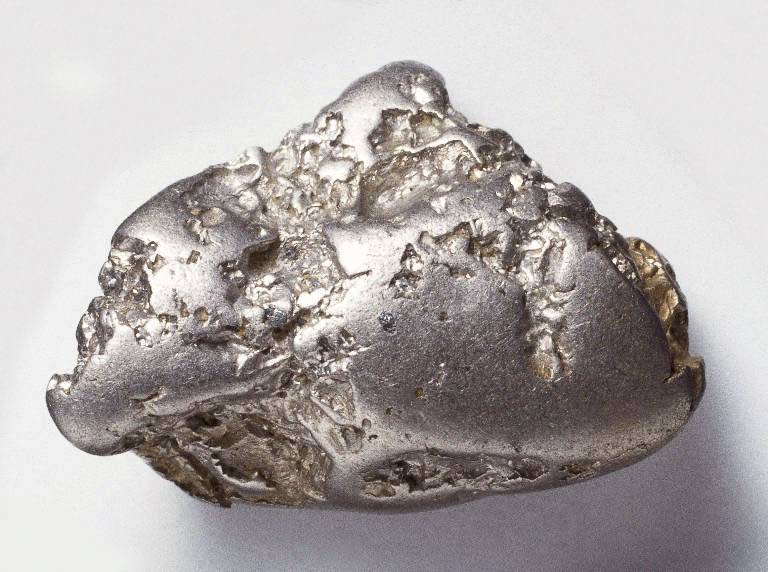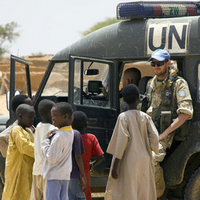Sudan's expected remapping & expectations of violence
 Monday, July 26, 2010 at 12:07AM
Monday, July 26, 2010 at 12:07AM  NYT op-ed by Dave Eggers and John Prendergast.
NYT op-ed by Dave Eggers and John Prendergast.
Looking ahead to Sudan's upcoming (Jan 2011) plebiscite on dividing the country north and south--the legacy of the 2005 peace deal to end all those years of civil war.
The assumption in Sudan is that when the referendum comes, southerners will vote overwhelmingly for secession. Since Sudan became independent in 1956, the people in the south have been marginalized, terrorized and subjected to countless human rights violations under successive regimes in Khartoum, and the possibility of forming a new nation in 2011 is viewed by southerners as a sacred right.
But the referendum is scheduled for January, a mere six months away, and all signs indicate that the Khartoum government will undermine the voting process or not recognize its results. The ruling National Congress Party has stalled on virtually every pertinent part of the peace agreement, and the national and local elections in April — which most international observers agree were stained by fraud — are a foreboding precedent.
If January comes and goes without a referendum, or if the results are manipulated, then fighting will break out. Both sides have been arming themselves since the peace agreement, so this iteration of north-south violence will be far worse than ever before. And if war resumes in the south, the conflict in Darfur, in western Sudan, will surely explode again.
The Obama Administration's point man on the subject is quoted as saying the US has no real leverage, which sounds a bit like James Baker saying "we don't have a dog in the fight" WRT the Balkans way back when.
And yet, don't be surprised if we get pulled into any resulting civil war. What'll be interesting will be the Chinese response, given the oil bond. But since the Chinese like to hedge all bets, I wouldn't be surprised to discover China playing both sides as it unfolds--as in, lotsa dogs, all barking.





























